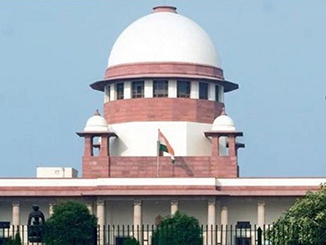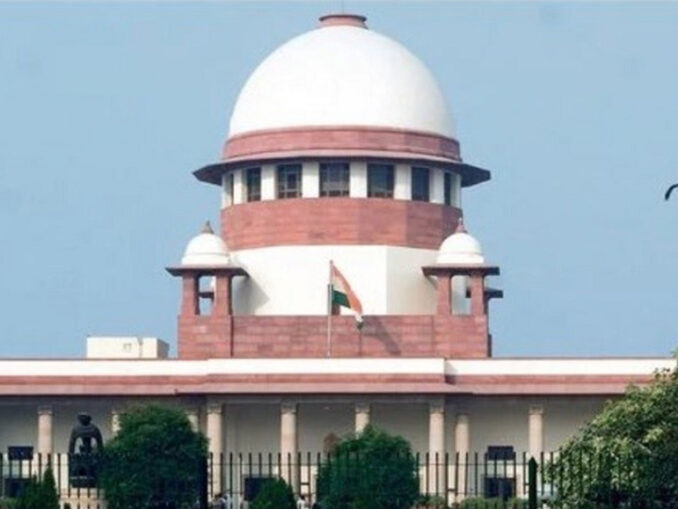

The Supreme Court of India asked the central government on December 17, 2020 not to implement the three farm laws opposed by India’s farmers, until the court passes certain decisions.
Although the Bench headed by Chief Justice of India (CJI) S. A. Bobde headed bench did not order a stay on the laws, asked the Attorney General for India not to implement the laws – the Farmers (Empowerment and Protection) Agreement on Price Assurance & Farm Services Act, the Farmer’s Produce Trade and Commerce (Promotion and Facilitation) Act and the Essential Commodities (Amendment) Act – while they heard opposing petitions.
CJI Bobde along with Justices A. S. Bopanna and V. Ramasubramanian talked about setting up an “impartial and independent” panel of agriculture experts and farmer unions to resolve the conflict between farmers and the government. According to Chief Justice S A Bobde, the committee could include experts like P. Sainath, government representatives and farmers’ organisations such as the various units of the Bharatiya Kisan Union (BKU.)
On December 16, the Court had discussed formation of such a committee in light of failing negotiations between the two parties. However, Working Group members of the All India Kisan Sangharsh Coordination Committee (AIKSCC) said the committee would only be useful after the withdrawal of the laws.
Accordingly, the Bench clarified, “We will not decide the validity of law today. The only thing which we will decide is the issue of protest and the right to move freely.”
The Bench also recognised farmers’ fundamental right to protest except in case of threat to life. When the opposing party brought up the inconvenience suffered by people at the border, Working Group member Darshan Pal said, “We are more inconvenienced. Every day a person is dying here.”
Leaders had recently announced as many as 30 deaths during the farmers’ struggle. Yet, he said the organisation would not budge on its resolve regarding the “unconstitutional” laws.
Acknowledging farmers’ right to peaceful protests, the Court said it would help facilitate talks between farmers and the central government.

Leave a Reply